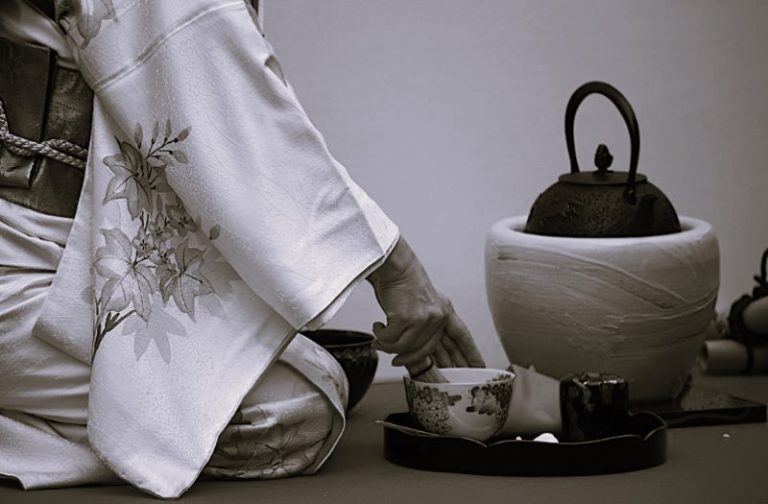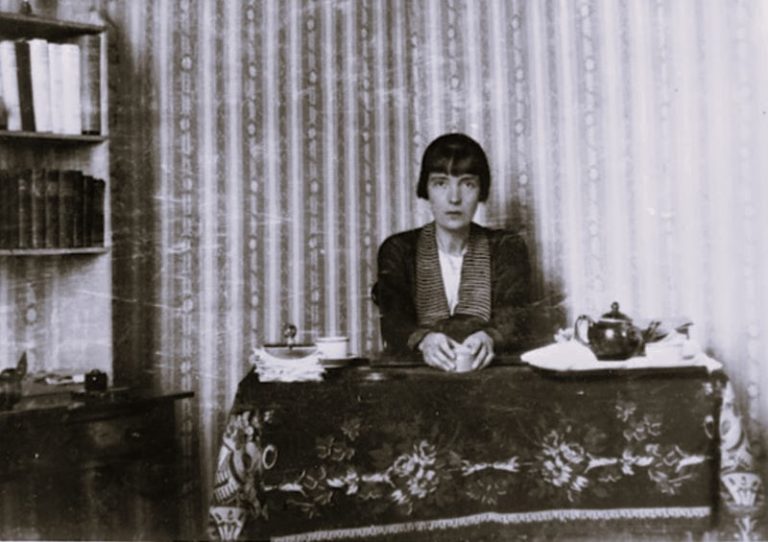


By Dr. William Alexander Greenhill (1814-1894)
Physician and Professor
Trinity College, Oxford
Me’dicus (ἰατρός), the name given by the ancients to every professor of the healing art, whether physician or surgeon, and accordingly both divisions of the medical profession will here be included under that term. In Greece and Asia Minor physicians seem to have been held in high esteem; for, not to mention the apotheosis of Aesculapius, who was considered as the father of it, there was law at Athens that no female or slave should practise it (Hyginus, Fab. 274); Aelian mentions one of the laws of Zaleucus among the Epizephyrian Locrians, by which it was ordered that if any one during his illness should drink wine contrary to the orders of his physician, even if he should recover, he should be put to death for his disobedience (Var. Hist. II.37); and, according to Mead, there are extant several medals struck by the people of Smyrna in honour of different persons belonging to the medical profession (Dissertatio de Nummis quibusdam a Smyrnaeis in Medicorum Honorem percussis, 4to. Lond. 1724). If the decree of the Athenians (published among the letters of Hippocrates) can be depended on, the same honours were conferred upon that physician as had before been given to Hercules; he was voted a golden crown, publicly initiated into the Eleusinian mysteries, and maintained in the Prytaneum at the state’s expense (compare Plin. H. N. VII.37).
As there were no hospitals among the ancients, the chief places of study for medical pupils were the Ἀσκληπιεῖα, or temples of Aesculapius, where the votive tablets furnished them with a collection of cases. The Asclepiadae [Medicina] were very strict in examining into and overlooking the character and conduct of their pupils, and the famous Hippocratic oath (which, if not drawn up by Hippocrates himself, is certainly almost as ancient) requires to be inserted here as being the most curious medical monument of antiquity.
“I swear by Apollo the physician, by Aesculapius, by Hygeia, and Panaceia, and all the gods and goddesses, calling them to witness that I will fulfill religiously, according to the best of my power and judgment, the solemn promise and the written bond which I now do make. I will honour as my parents, the master who has taught me his arts, and endeavour to minister to all his necessities. I will consider his children as my own brothers, and will teach them my profession, should they express a desire to follow it, without remuneration or written bond. I will admit to my lessons, my discourses, and all my other methods of teaching, my own sons, and those of my tutor, and those who have been inscribed as pupil and have taken the medical oath; but no one else. I will prescribe such a course of regimen as may be best suited to the condition of my patients, according to the best of my power and judgment, seeking to preserve them from anything that might prove injurious. No inducement shall ever lead me to administer poison, nor will I ever be the author of such advice; neither will I contribute to an abortion. I will maintain religiously the purity and integrity both of my conduct and of my art. I will not cut any one for the stone, but will leave that operation to those who cultivate it. Into whatever dwellings I may go, I will enter them with the sole view of succouring the sick, abstaining from all injurious views and corruption, especially from any immodest action, towards women or men, freemen or slaves. If during my attendance, or even unprofessionally in common life, I happen to see or hear of any circumstances which should not be revealed, I will consider them a profound secret, and observe on this subject a religious silence. May I, if I rigidly observe this my oath, and do not break it, enjoy good success in life, and in [the practice of] my art, and obtain general esteem for ever; should I transgress and become a perjurer, may the reverse be my lot.”

Some idea of the income of a physician in those times may be formed from the fact mentioned by Herodotus (III.131) that the Aeginetans (about the year B.C. 532) paid Democedes from the public treasury one talent per annum for his services, i.e. (if we reckon, with Hussey, Ancient Weights and Measures, &c., the Aeginetan drachma to be worth 1s. 3‑3/4d.) not quite £344;a he afterwards received from the Athenians one hundred minae, i.e. (reckoning, with Hussey, the Attic drachma to be worth 9‑3/4d.) rather more than £406, and he was finally attracted to Samos by being offered by Polycrates a salary of two talents, i.e. (if the Attic standard be meant) £487 10s. It should however be added, that Valckenaer doubts the accuracy of this statement of Herodotus with respect to the Aeginetans and Athenians (and apparently with reason) on the ground that the latter people, at the time of their greatest wealth, only allowed their ambassadors two drachmae (or 1s. 7½d.) per day, i.e. somewhat less than thirty pounds per annum (Aristoph. Acharn. V.66).
A physician, called by Pliny both Erasistratus (Plin. H. N. XXIX.3) and Cleombrotus (H. N. VII.37), is said p748 by him to have received one hundred talents for curing king Antiochus, which (if we suppose the Attic talents of the standard of Alexander’s coinage to be meant, which, according to Hussey, was worth £243 15s.) would amount to £24,375.1 It seems to have been not uncommon among the Greeks in those times (as afterwards in the later Roman empire, see Archiater) for states to maintain physicians, who were paid at the public cost (Xen. Mem. IV.2 §5; Plato, Gorg. § 23; Strabo, IV. p125; Diod. Sic. XII.13); and these again had attendants, for the most part slaves, who exercised their calling among people of low condition (Plato, De Leg. IV. p720, ed. Steph.).
The Romans derived their knowledge of medicine at first from the Etruscans, and afterwards from the Greeks. One of the most ancient customs at Rome in order to ward off epidemic diseases, and to appease the anger of the gods, was the interrogating the books bought by Tarquin of the Sibyl. In the earlier times of the Roman republic physicians are said by Pliny to have been unknown (H. N. XXIX.5); and for some time afterwards the exercise of the profession was in a great measure confined to persons of servile rank; for the richer families having slaves who were skilled in all sorts of trades, &c., generally possessed one or more that understood medicine and surgery (Middleton’s Essay, De Medicorum apud Romanos degentium Conditione, Cantab. 1726, 4to. and the various answers to it that appeared on its publication).
To this practice, however, there were many exceptions, e.g. the physician who was taken prisoner with Julius Caesar by the pirates at the island of Pharmacusa (Sueton. J. Caes. 4), and who is called his friend by Plutarch (see Casaubon’s note on Sueton.); Archagathus, who being the first foreign surgeon that settled at Rome, had a shop bought for him at the public expense, and was presented with the jus Quiritium B.C. 219 (Cassius Hemina, ap. Plin. H. N. XXIX.6); Artorius, who is known to have been a physician (Cael. Aurel. De Morb. Acut. III.14 p224), and who is called the friend of Augustus (Plut. Brut. 41), where, however, it should be noticed that some editions read Ἀντώνιος instead of Ἀρτώριος); Asclapo, whom Cicero calls his friend (ad Fam. XIII.20); Asclepiades, the friend of Crassus the orator (Cic. de Orat. I.14); Eudemus, who is called by Tacitus (Annal. IV.3) the friend and physician of Livia; and others. The hatred borne by Cato the Censor against the Greek philosophers at Rome is well known; but it is not true that he caused them to be expelled from Rome (see Sprengel, Hist. de la Méd.).
With respect to the income made by eminent physicians in the early times of Rome, the writer is not aware of any data for ascertaining it; at the beginning of the empire, we learn from Pliny (H. N. XXIX.5) that Albutius, Arruntius, Calpetanus, Cassius, and Rubrius gained 250,000 sesterces per annum, i.e. (reckoning with Hussey the mille nummi (sestertium) to be worth, after the reign of Augustus, £7 16s. 3d.) £1953 2s. 6d.; that Q. Stertinius made it a favour that he was content to receive from the emperor 500,000 sesterces per annum (or £3906 5s.), as he might have made 600,000 sesterces (or £4687 10s.) by his private practice; and that he and his brother, who received the same annual income from the emperor Claudius, left between them at their death, notwithstanding large sums that they had spent in beautifying the city of Naples, the sum of thirty millions of sesterces (or £234,375).
Of the previous medical education necessary to qualify a physician at Rome for the legal practice of his profession in the early times, we know nothing;b afterwards, however, this was under the superintendence of the archiatri. [Archiater.]
Two other medical titles that we meet with under the emperors were Iatrosophista (see the word) and Actuarius, Ἀκτουάριος. The latter was a title at the court of Constantinople, given apparently only to physicians, and quite distinct from the use of the word found in the earlier Latin authors (see Du Cange, Gloss. Graec. vol. 1 p46, and Possini, Gloss. ad Pachymer. Hist. Andronici, vol. I p366, &c. and vol. II pp468, 469). Besides Joannes the son of Zacharias, who is better known by his title of Actuarius than by his real name, several other physicians are recorded as having arrived at this dignity.
From A Dictionary of Greek and Roman Antiquities (pp272-275), edited by William Smith (John Murray, London, 1875), now in the public domain.






